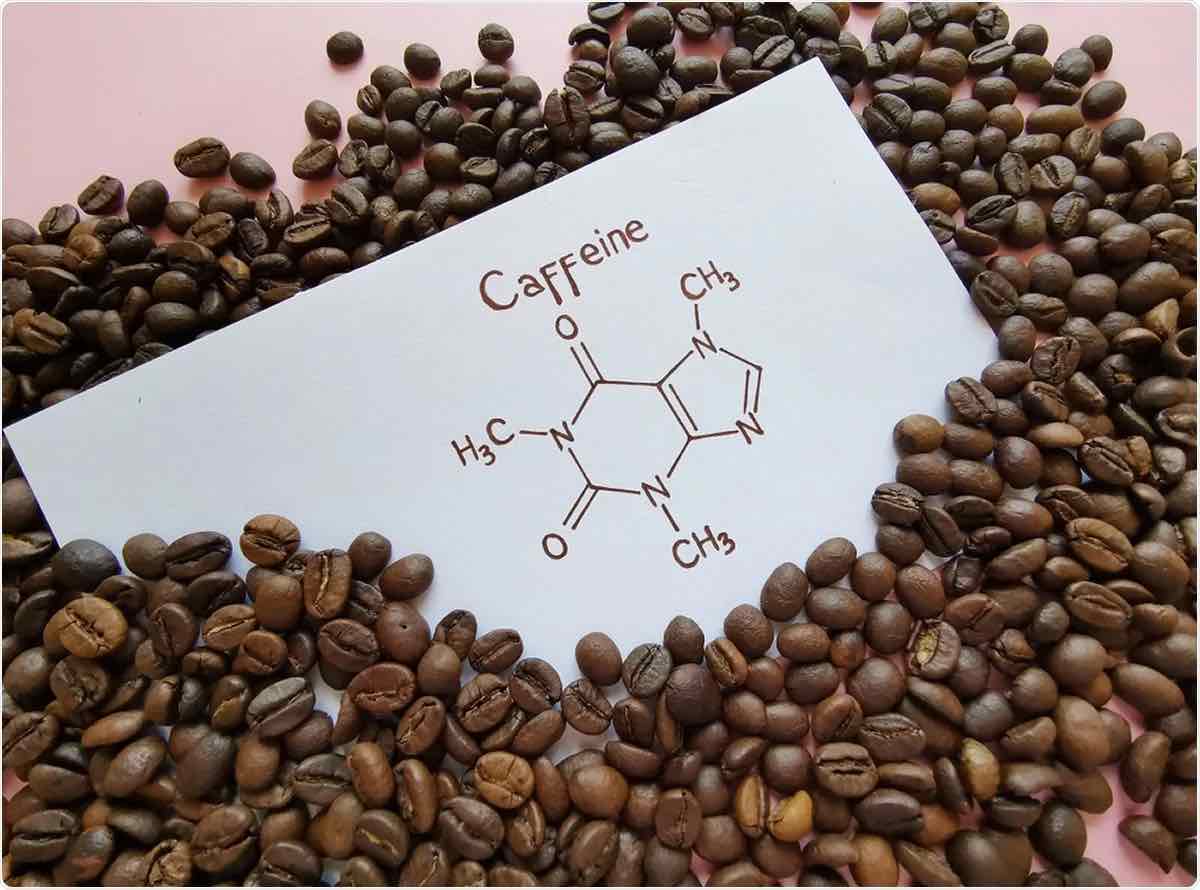Are you looking for natural ways to boost your overall health and enhance your mental well-being? Look no further! In this article, we’ll introduce you to eight incredible herbal teas that can work wonders for your body and mind. These teas are not only delicious but also packed with essential nutrients and healing properties. So …
Continue reading “8 Herbal Teas for a Healthier Body and Mind”











